Every emancipation is a restoration of the human world and of human relationships to a man himself
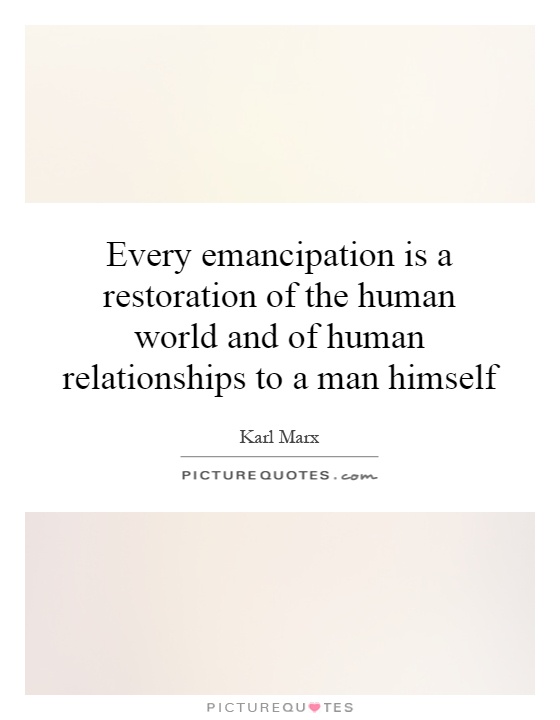
Every emancipation is a restoration of the human world and of human relationships to a man himself
Karl Marx, a renowned philosopher, economist, and sociologist, believed that every emancipation is a restoration of the human world and of human relationships to a man himself. This statement reflects Marx's fundamental belief in the liberation of individuals from oppressive systems and structures that hinder their ability to fully realize their potential and live fulfilling lives.Marx's concept of emancipation is deeply rooted in his critique of capitalism and the alienation it creates among individuals. In a capitalist society, Marx argued that workers are alienated from the products of their labor, from the process of production itself, and from their own human essence. This alienation leads to a sense of powerlessness, isolation, and disconnection from oneself and others.
For Marx, true emancipation involves the liberation of individuals from the constraints of capitalism and the establishment of a society based on equality, solidarity, and cooperation. This emancipation is not just a political or economic process, but a profound transformation of human relationships and the way individuals relate to themselves, to others, and to the world around them.
In Marx's vision, the restoration of the human world and of human relationships to a man himself means the reclamation of one's humanity, dignity, and agency. It means breaking free from the dehumanizing effects of capitalism and forging new forms of social organization that prioritize human needs and well-being over profit and exploitation.
Marx believed that true emancipation requires a radical restructuring of society, including the abolition of private property, the establishment of collective ownership of the means of production, and the creation of a classless society where individuals are free to develop their full potential and contribute to the common good.

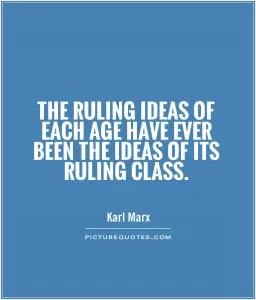
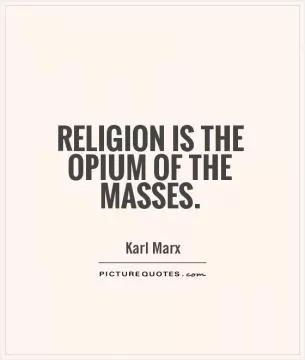

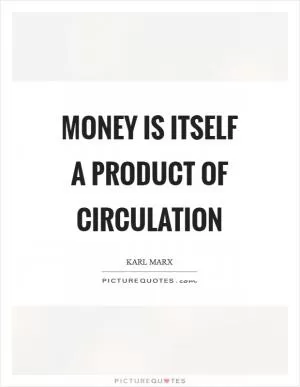
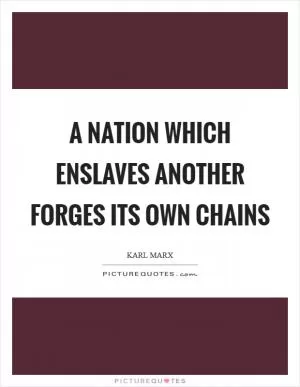





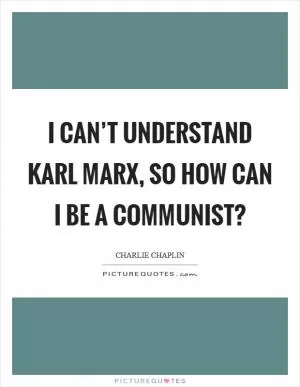
 Friendship Quotes
Friendship Quotes Love Quotes
Love Quotes Life Quotes
Life Quotes Funny Quotes
Funny Quotes Motivational Quotes
Motivational Quotes Inspirational Quotes
Inspirational Quotes